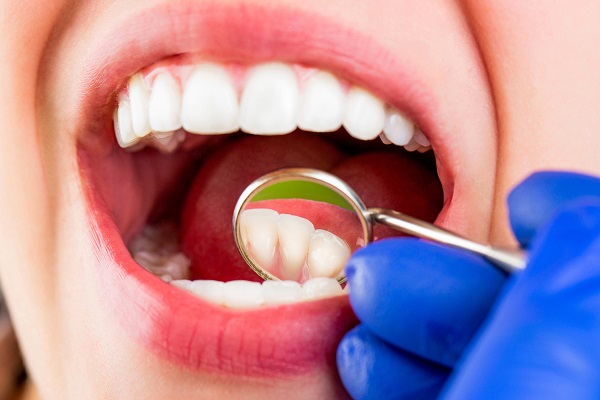Patients who need to restore their smile after suffering from gum disease can visit the dentist for periodontics care. Read on to learn more about this branch of dentistry. Irritation and sensitivity may occur due to root exposure resulting from gum recession.
Periodontics and dental health
Regardless of the stage of gum disease, it is important to seek care as soon as possible so that the dentist can treat the disease and initiate healing of the gums. The teeth can become badly infected and fall out without treatment. This will necessitate additional treatments, which may be costly and invasive, so it is better to undergo treatment for gum disease early.
Gum disease, brushing teeth too hard, or genetic factors may all contribute to receding gums. Gum recession occurs when the gums and tissues around the teeth begin to detach from the teeth, making the teeth seem longer. Many people suffer from receding gums, which are unsightly and harmful to their dental health. Gum recession can also contribute to tooth loss.
Gum restoration
The dentist can perform a gum restoration if the patient has a healthy oral cavity. Gum restorations can hide exposed roots, reduce sensitivity, and promote the growth of new gum tissues. The dental professional can use tissue from another part of the mouth to cover the exposed region during the procedure.
Gum restorations are done as periodontics care to prevent further recession, save the teeth, and enhance the smile's appearance. Gum restorations will keep the roots of teeth from decaying and save the cost of tooth replacements and cavity repairs in the future. Gum restoration procedures can be done in three different ways, including:
Connective tissue graft
The dentist will take skin from another part of the oral cavity (normally the palate) for this procedure. They can make a flap and cut tissue from under it to transfer it to the gums. The dentist will apply the tissue to the recessed gum areas, and it will slowly heal, resulting in healthier gums.
Free gingival graft
This procedure is like the connective tissue graft, except that instead of using a flap, the dentist will extract skin directly from the palate. Dentists perform a free gingival graft to help improve gum density.
Pedicle graft
If the gum recession is not so advanced, then a patient can benefit from a pedicle graft. The dentist will use nearby gum to patch those areas during the procedure. The gums will be pulled down and stitched into their proper position.
Donor tissue may also be used for gum restorations. For at least two weeks, patients must allow their gums time to heal. When deciding which restoration is appropriate for the patient, the dentist will review the recovery guidelines.
In conclusion
When patients are experiencing gum-related issues, the dentist will recommend the best periodontics care for their condition. The best place to start is to book an appointment and learn about the options available to heal your teeth and gums. Minimally invasive treatments are possible if patients see a dental professional on time.
Request an appointment here: https://drsykes.com or call Robert S. Sykes, DDS at (770) 873-7241 for an appointment in our Marietta office.
Check out what others are saying about our dental services on Yelp: Periodontics in Marietta, GA.
Related Posts
How a General Dentist Uses Periodontics to Save Your Smile
Periodontics, the branch of dentistry focused on the health of the gums and supporting structures of the teeth, plays a vital role in preserving your smile. By addressing gum disease, maintaining healthy …
Services Offered in Periodontics
Periodontics focuses on issues that affect the gum tissues. Periodontic dentists spend much of their time addressing issues like gum disease. Gum health is closely linked to overall health because according to …
Why Is Gum Health So Important?
Although it may not seem like it, a person's gum health is vital for the health of his or her entire body. The gums are not only soft tissue as they have …
Periodontics: Treatments for Gum Disease
Periodontics is the branch of dentistry that deals with the supporting structures of teeth. Gum disease is a bacterial infection, and without periodontics treatment, it can potentially result in tooth loss because …






